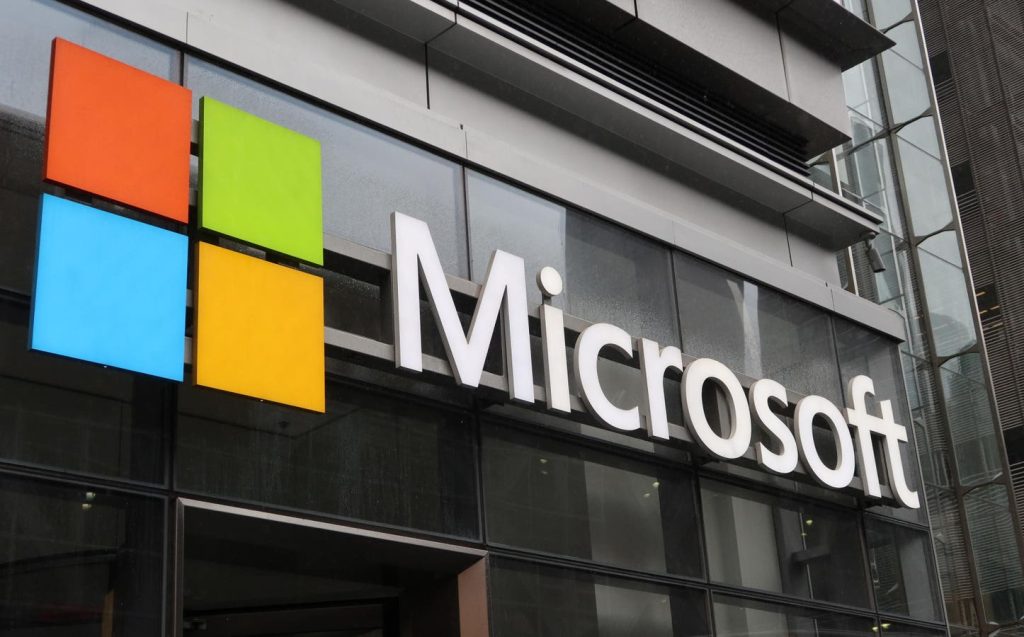Microsoft Launches ‘Zero Day Quest’ to Bolster AI and Cloud Security Amidst Growing Cyber Threats
Redmond, WA – In a move to fortify its defenses against an increasingly sophisticated cyber landscape, Microsoft has unveiled the "Zero Day Quest," a two-pronged initiative aimed at unearthing and neutralizing vulnerabilities within its artificial intelligence (AI) and cloud services. The program combines a traditional bug bounty program with an exclusive, invitation-only hacking event, offering substantial rewards to white hat hackers who can identify and help remediate critical security flaws. This initiative underscores the growing concern surrounding the potential misuse of AI by malicious actors and the escalating importance of proactive security measures.
The first phase of the Zero Day Quest is a global call to arms for security researchers and ethical hackers. Microsoft is offering bounties ranging from $4,000 to $30,000 for the discovery and reporting of high-impact vulnerabilities within a specified scope of its products, including Microsoft AI, Azure, Identity, M365, Dynamics 365, and the Power Platform. To be eligible for the bounty, the identified vulnerability must be novel, unreported, and classified as having critical or important severity. Furthermore, participating hackers must not only pinpoint the flaw but also provide actionable remediation guidance to Microsoft’s engineering teams. Additional bonuses are on offer for exceptionally critical discoveries, incentivizing the identification of particularly impactful weaknesses.
The second phase of the Zero Day Quest takes the form of an exclusive, invitation-only security research event hosted at Microsoft’s headquarters in Redmond. This inaugural gathering will bring together a select group of 55 elite white hat hackers, comprising Microsoft’s top ten internally recognized security researchers and 45 top performers from the initial bug bounty phase. Microsoft will cover all travel and accommodation expenses for these invited participants, fostering a collaborative environment where they can engage with Microsoft engineers and delve deeper into the intricacies of AI and cloud security.
This initiative builds upon a long and evolving history of bug bounty programs, dating back to 1983 when Hunter & Ready offered a Volkswagen Beetle (hence the term "bug") for identifying flaws in its operating system. The concept gained significant traction in 1995 with Netscape’s reward program for uncovering browser vulnerabilities. The modern landscape of bug bounty programs owes much to the emergence of platforms like HackerOne in 2012, which facilitated connections between organizations and ethical hackers. HackerOne’s early clients included tech giants like Yahoo, Google, Facebook, Uber, and Microsoft, demonstrating the growing recognition of the value of crowdsourced security testing.
The success of the US government’s "Hack the Pentagon" program in 2016, facilitated by HackerOne, further validated the effectiveness of bug bounties. This pioneering initiative resulted in the identification of 138 vulnerabilities by 1,400 white hat hackers, paving the way for subsequent programs like "Hack the Army" and "Hack the Air Force." By 2022, white hat hackers had collectively earned over $100 million through HackerOne, a testament to the growing financial and strategic importance of vulnerability disclosure programs.
The increasing sophistication and accessibility of AI tools have raised concerns about their potential misuse by malicious actors. Black hat hackers, driven by criminal intent, constantly seek to exploit zero-day vulnerabilities – flaws unknown to the software developers – for nefarious purposes. White hat hackers, on the other hand, leverage their skills to identify these same vulnerabilities and responsibly disclose them to the relevant organizations, allowing for timely patching and mitigation before exploitation can occur.
Microsoft’s Zero Day Quest comes at a crucial juncture in the evolution of cybersecurity. As AI and machine learning become increasingly integrated into critical infrastructure and sensitive systems, the potential consequences of successful cyberattacks are magnified. The program demonstrates Microsoft’s proactive approach to security, recognizing the vital role of ethical hackers in safeguarding the digital landscape. By offering substantial rewards and fostering a collaborative environment, Microsoft aims to tap into the vast expertise of the security research community, ensuring that its AI and cloud offerings remain robust against emerging threats.
The Zero Day Quest reflects a broader industry trend towards incentivizing vulnerability disclosure. Companies like Apple, with its Apple Security Bounty program offering payouts of up to $1 million, have recognized the economic and reputational value of proactively addressing security flaws. These programs not only help secure systems but also build trust with users and stakeholders by demonstrating a commitment to responsible security practices.
The initiative’s focus on AI and cloud technologies highlights the increasing importance of these areas in the modern digital landscape. As businesses and individuals increasingly rely on cloud services and AI-powered applications, ensuring their security is paramount. Microsoft’s Zero Day Quest is a significant step towards addressing this challenge, fostering a collaborative ecosystem where ethical hackers and security researchers can contribute to building a more secure digital future.
The deadline for submissions for the initial phase of Microsoft’s Zero Day Quest is January 19th, 2024 (assuming the original announcement was made in 2023). The invitation-only event for the top performers will follow shortly thereafter. The program represents a significant investment by Microsoft in its cybersecurity posture, recognizing the critical role of external security researchers in identifying and mitigating vulnerabilities before they can be exploited. This collaborative approach is essential in the ongoing battle against increasingly sophisticated cyber threats, particularly those leveraging the evolving capabilities of AI.
The success of the Zero Day Quest will be measured not only by the number of vulnerabilities discovered but also by the long-term impact on the security of Microsoft’s AI and cloud ecosystem. By incentivizing and rewarding responsible disclosure, Microsoft aims to create a more secure environment for its users and contribute to a broader culture of proactive security within the tech industry. This initiative sets a precedent for other organizations seeking to bolster their security posture in the face of evolving cyber threats, emphasizing the crucial role of ethical hacking in building a more resilient digital world.










